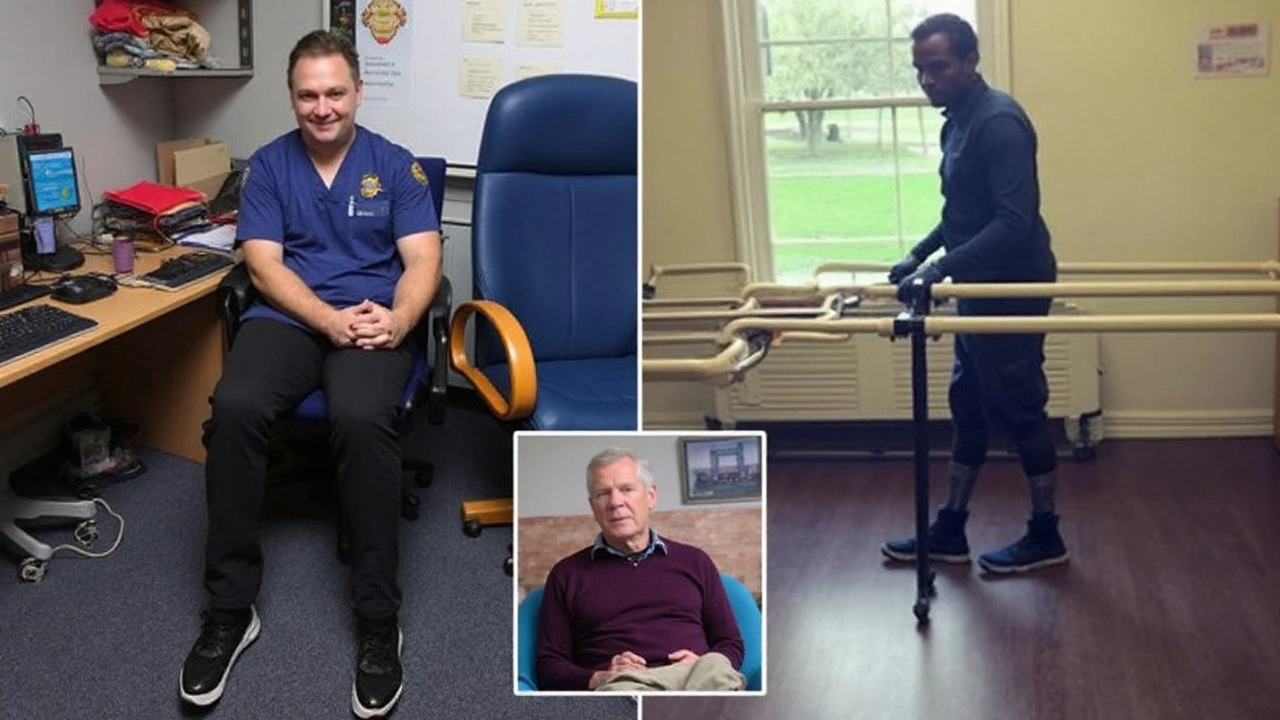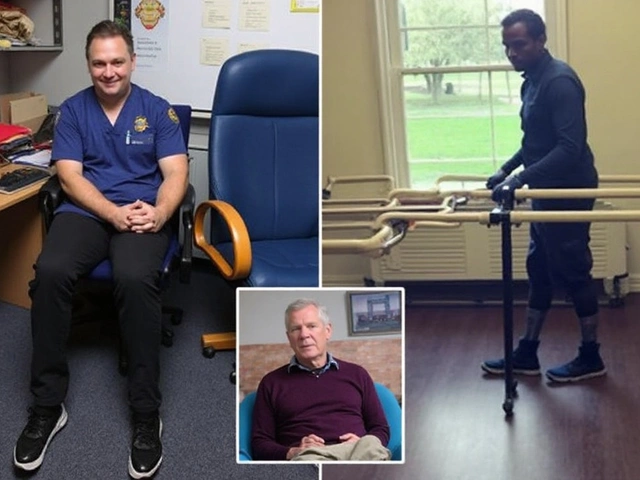Crime & Courts: Real Cases, Legal Insights
When exploring Crime, any act that breaks a law and triggers a state response. Also known as illegal activity, it covers a huge range of behavior, from petty theft to complex financial schemes. Fraud, deliberate deception for personal gain sits inside that range and often ends up in a courtroom. In simple terms, crime encompasses illegal deeds, fraud requires deception, and courts administer justice. This triangle—crime, fraud, courts—drives every headline you hear about scams or scandals. Understanding how each piece fits together helps you see why a surgeon’s self‑amputation can become a headline about insurance fraud, not just a medical oddity.
How Fraud Shapes Legal Proceedings
One of the most striking forms of fraud today is Insurance fraud, the act of filing false claims to obtain money from insurers. This type of fraud requires a blend of deception, paperwork, and often a shady network of accomplices. When the scheme is uncovered, prosecutors bring the case to court, where judges and juries decide the fate of the accused. The recent case of a vascular surgeon who allegedly amputated his own legs to claim nearly £500,000 illustrates the process in vivid detail. Prosecutors charged him with two counts of fraud and an offence of encouraging grievous bodily harm. The narrative shows how a single illegal act can ripple through insurance companies, victim support hotlines, and finally into a courtroom where the law decides the outcome.
The courts themselves are more than just venues; they are the mechanism that translates criminal conduct into consequences. A judge must interpret statutes, a jury assesses evidence, and lawyers craft arguments that tie the illegal act to the legal definition of the crime. In fraud cases, evidence often includes financial records, video footage, and testimonies from experts. The legal system also has to balance the rights of the accused with the need to protect victims and deter future scams. When a case involves an underground network—like the so‑called “Eunuch Maker” ring mentioned in the surgeon’s story—the courts face additional challenges of dismantling organized crime while ensuring each participant receives a fair trial.
Below you’ll find a curated selection of articles that dig deeper into these themes. Expect detailed breakdowns of how fraud investigations are launched, what legal standards courts apply to insurance scams, and real‑world examples that illustrate the stakes for victims, insurers, and the justice system. Whether you’re curious about the mechanics of a high‑profile case or looking for practical tips on spotting fraud, the collection offers a mix of analysis, case law, and actionable advice. Dive in to see how crime, fraud, and courts intersect in today’s legal landscape.

RHOP Alum Mia Thornton Arrested for $11K Furniture Theft in Atlanta
Former 'Real Housewives of Potomac' star Mia Thornton was arrested at Atlanta's airport for allegedly stealing $11,022 in furniture from a rented condo, adding to her history of unpaid rent and legal trouble.
Read More
Insurance Fraud case: Surgeon accused of self-amputation and ties to 'Eunuch Maker' network
Vascular surgeon Neil Hopper, 49, has been charged with two counts of fraud and encouraging grievous bodily harm. Prosecutors say he self-amputated his legs to claim nearly £500,000, then told insurers sepsis was to blame. He is also accused of buying extreme amputation videos and urging 'Eunuch Maker' ringleader Marius Gustavson to harm others. Hopper is in custody; the hospital has set up a patient hotline.
Read More



